Opinion: I don't give a damn about fast charging on smartphones!
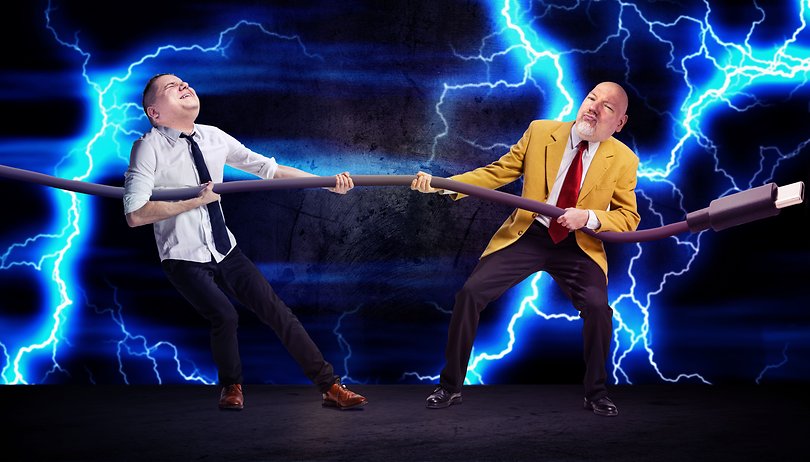

Read in other languages:
Fast charging is an important subject, isn't it? While techno-centric people swear by faster and faster charging technologies, I really don't care about the speed rush and I'll tell you why here.
Reading the various reviews by my NextPit colleagues and comments on the subject, I could easily conclude that this is a very important issue. I feel like I'm sitting in the middle of the tech bubble and am completely out of the loop. This is because I don't understand what the fuss is all about and why manufacturers are trying to outdo each other on this.
My colleague Antoine has a completely different opinion, and maybe you do too. I can understand that because the perfect smartphone simply does not exist. Some prefer a versatile camera, others are performance-oriented, while others have fast charging speed as a unique selling point.
Rather than confronting each other with our opinions, Antoine and I wanted to try something different. We will each espouse our point of view in two separate articles. I am against fast charging, while Antoine is "for" it.
Our two articles follow the same structure. The structure is based on four themes and each of us has our own opinion. Instead of interrupting and contradicting each other, we will each come to a conclusion at the end. It is up to you, dear reader, to go from article to article to see in detail what Casi and I have to say about a specific theme.
Feel free to click on the links in this article. They will take you to a specific passage in one article that responds to the argument developed in the other. Don't panic, it might sound complicated at first, but it's very simple, you'll see.
Fast charge? What is "fast", after all?
First of all, I want to make it clear that "fast" can mean something completely different for everyone. The Galaxy S22 (review), for example, charges to 100% in about 90 minutes. At the 25 W speed, I definitely don't need more. I get half a battery charge in just 30 minutes, which easily gets me through the next five or six hours of heavy use.
Yes, I can be a real bunch of nerves at times as I sometimes failed to recharge in time. But if I have something important to do and I know I won't be able to charge on the way, I usually find that half hour (at the very least) to give my smartphone the juice it needs.
For Antoine, it should be at least 60W, or so he told me. He also cited 30 minutes as the ideal charging time, but he wants his phone to be fully charged at the end of that interval.
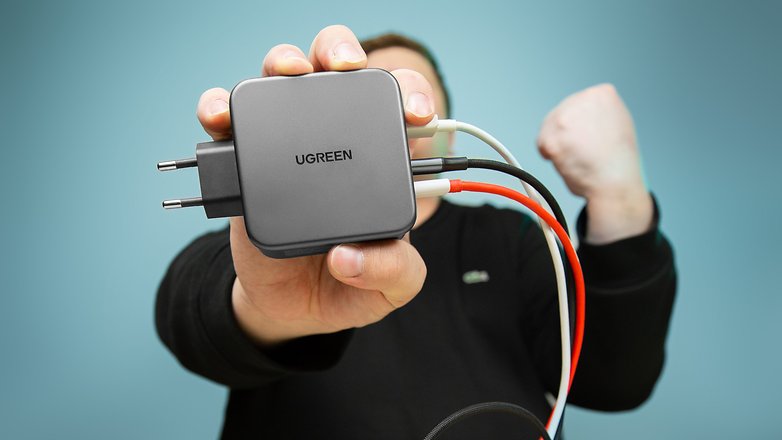
Not everyone needs fast charging, but...
Of course, Antoine is right that a charged smartphone is really useful for presenting a train or plane ticket or performing mobile payments. But honestly, I'm a sedentary person. I take my white ass out so little that the risk of running out of battery is really manageable.
I work from home, so not only do I always have my phone handy, but I also have the opportunity to charge it. Apart from the exception of a night out at the bar or a few concerts, I'm rarely separated from my power outlet for several hours at a time.
Even if I'm on the go for a longer period, I benefit from an increasingly efficient infrastructure. I can charge my smartphone on the train or bus. Even in Dortmund where I live, there are now several free charging options, including solar-powered benches, which are becoming more and more common.
On my long trips, I always carry my backpack with my power bank just in case. Of course, I recognize that my anecdotal point is not helpful to someone who spends maybe 20 hours at a time away from home and may only have very small windows of opportunity where they have access to a power outlet from time to time.
We need a better universal standard
My head spins whenever I think of all the different charging technologies. All the SuperVOOC-Darts-Warp Charge from Chinese manufacturers, in addition to Apple needing its own standard. Problem is, if you want to enjoy fast charging, you will need the right charger.
Assume that you cannot charge the smartphone from manufacturer A at the maximum possible speed if you use the charger from manufacturer B or third-party manufacturer C.
So, with the Galaxy S23+ or Ultra, you need the original charger to take full advantage of the 45 W charging speed. Yes, even with the right charger, the absurdly advertised charging speeds are often only achievable under laboratory conditions with very specific settings. In this case, the mentioned wattage designation becomes a marketing gimmick.
Why can't the manufacturers agree on this? Can't we make sure that the power is the same for everyone? What would be the universal speed that would suit most of us? 25 W or 30 W? For Antoine, it would be more like 100 W. This could be a lower limit that would then apply to all chargers and all smartphones.
This would also have the advantage of allowing manufacturers to allocate their resources more wisely. If universal charging is pushed, I wouldn't need, as Samsung or Xiaomi or whoever, to pump huge amounts of money and manpower into this technology arms race. Manufacturers could even continue to spend money on improving batteries, such as making them safer or thinner, or both.
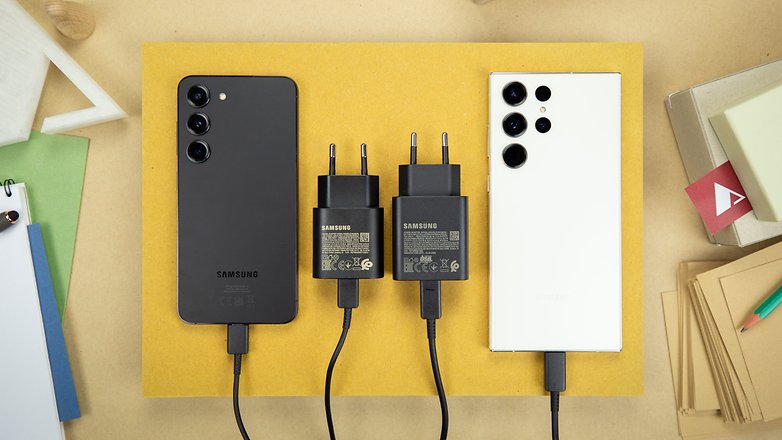
Everything you do with your smartphone damages your battery
Yes, Antoine and I have different opinions on fast charging. But we've also discovered some common ground. For example, we always hear that fast charging is harmful to your smartphone. We both think that this is indeed the case and that it is the most dangerous hazard where the device is concerned.
You play your favorite games, cranking all the settings way up, of course, and you accept the fact that your phone is getting hot. So why do you think the heat is harmful when charging and not during your gaming sessions? Everything we do on our smartphones strains the battery. Charging technologies have become so sophisticated that we no longer have to worry about smartphone batteries overheating or overcharging.
From day one, as soon as we use the device, the clock is ticking for the battery. It deteriorates more and more over time - that's just the way it is and there's nothing we can do about it. It doesn't matter if we turn off the fast charging or push it to the limit. That's why I can understand why you might have that in mind. But when it comes to the question of whether fast charging is beneficial or harmful, that argument doesn't really hold water.
Can fast charging be sustainable?
If we were to do an analysis of all the bullshit marketing bingo at every smartphone launch, the term sustainability would often appear alongside absurd charging speeds.
This often happens in direct relation to the battery as companies like Samsung and Apple push the fact that they don't include chargers in their boxes as a sustainable measure.
Antony thinks that if there were a universal standard with a sufficiently high charging speed, which would benefit third-party charger manufacturers among others, it would also be possible to pay much more attention to eco-responsibility in purchasing behavior.
Yes, this is of course possible. However, I do have some very big question marks behind this view. For this to happen, there would first have to be a universal standard. And then everyone would have to be able to agree on this standard (and politics would have to translate it into laws, which would take a lot of time).
In other words: Yes, such a standard would offer the possibility of making things more sustainable. But this is currently very theoretical thinking. If you want to do something for sustainability, you'd better make sure the charging is wired rather than wireless. If you use inductive charging, you need about 50% more energy for a full charge. Also, the dock consumes power even when no smartphone is sitting on it.
Conclusion
Once again, we do not all have the same use pattern. The perfect smartphone does not exist. That's why it's easy to find examples where a very fast charging speed plays an important role. For me, at least, it only plays a very minor role.
If, for some reason, you think Antoine is right to think that a charging speed higher than 60 W is essential, do read his article. Over there, he explained in a nutshell why charging speed is important.
Finally, the good news for you is that there are two articles on the same subject. For naysayers, that means you'll find at least one article which you can identify with us or get angry at. Other than that, we're of course happy to hear your opinions on the subject.






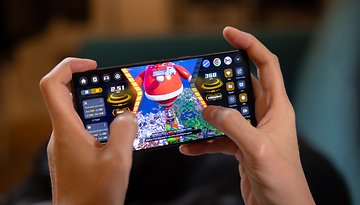
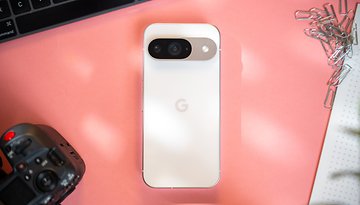
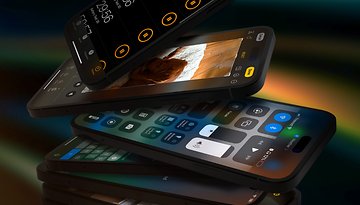
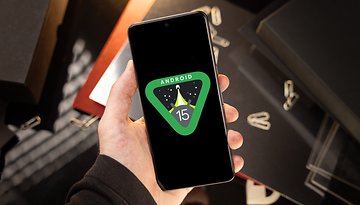


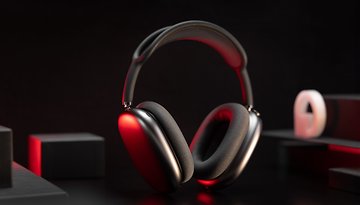


Why it doesn't matter:
Lack of a standard. You're stuck with a proprietary bulky single port charger.
You can't use a 12v port in a car or other transit.
You can't charge your tablet, headphones, notebook from the same mains outlet at the same time.
You have to take this charger with you everywhere.
You have to carry multiple individual chargers for every individual device in your life.
It's wasteful.
Instead, I carry a single 4 port high wattage charger that supports multiple standards for devices of varying vintages. I have different parts (A, C) that can handle any of my devices. While I've standarduzed on c cables, I have tips to adapt as needed to A. Micro USB as needed. Minimal bulk, maximal support, still fast, and affordable for me, my family and friends when they need to be backed out of low battery. I also have charge only tips for those times I just use and an untrusted port. No data lines in that adapter. Slow. But safe.
-
Admin
-
Staff
Apr 14, 2023 Link to commentOn the other hand, you can have you really fast charger in a location where you typically need a quick energy bump – for example in the entrance of your apartment or even in your purse/rucksack. For the bedside table, any charger will do, same as for your workplace.
Personally, I've been mostly using iPhones for the past two years, and there were maybe just one or two occasions where I would have wished for faster charging.
-
Admin
-
Staff
Apr 14, 2023 Link to commentTraveling is usually the usage case that comes to mind the most.
But even then, USB-PD should be enough.
Or else:
https://www.nextpit.com/best-power-station-buying-guide-solar-panel
But I'm not carrying just one kind of device with a fast charger. I've got a tablet, an e reader, a phone, ear buds. Which one will need the fast charge? You can't depend on just one charger for speed when they're proprietary. Now yes, it's usually for phones, but you get my point.
For me, my power crisis is usually in a car--I'm in the sparsely populated western US. So the fast charger also means a 120V inverter, not just a convenient 12V adapter that lives in the car for all passengers to use.